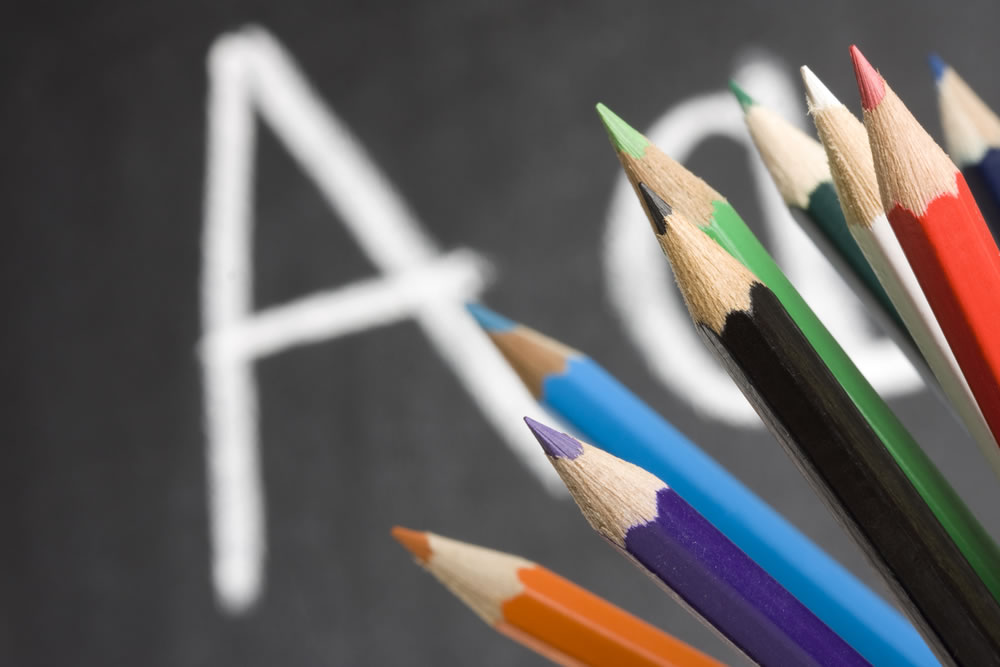Federal Grants Cover Lack of Early Childhood Education Funds in CA

 Credit: Sven Hoppe / Shutterstock.com
Credit: Sven Hoppe / Shutterstock.com
Early childhood education advocates showed disappointment with Governor Brown's budget proposal. It does not allocate funds for any preschool programs, but California will be receiving federal grants through the Race to the Top (RTTT) Early Learning Challenge.
SI&A Cabinet Report confirms that $22 million in a supplemental grant will be given to California. Sixteen counties around California have come together to lead the efforts to attain this support.
However, with any federal assistance program, new accountability measures are put in place. Any early education facility that wants support from the federal funding must be rated and evaluated. California education official Sarah Neville-Morgan told the Cabinet Report that the state is working with early education providers:
"[T]hese providers are signing up to be rated and that can be a little bit challenging. Our goal is to then improve their quality, so we are looking at how we can provide them the targeted technical assistance and support based on the areas where they need improvement."
Despite California and the federal government perpetually butting heads on No Child Left Behind, the RTTT-Early Learning Challenge is one instance where the two find common ground. In August 2011, the state received $52.6 million for the Early Learning Challenge grant. However, $100 million was requested.
The supplemental RTTT grant is coming out of President Obama's recent allocation of $75 billion over ten years to support early education. California was one of six finalists in the 2011 competition that will receive the additional funding.
The federal Head Start program experienced funding cuts after sequestration came into effect earlier this year. California had already experienced funding shortfalls for these programs -- services are now more limited.
Advocates for early learning have pointed to statistics supporting early education as a means to close the achievement gap. Some have argued that the more important phenomenon is a readiness gap for children entering the K-12 system.
The readiness gap is the notion that children who are better nurtured in the preschool years are already ahead of those who did not have the same opportunities. Early education is a way to close the gap before it starts.



